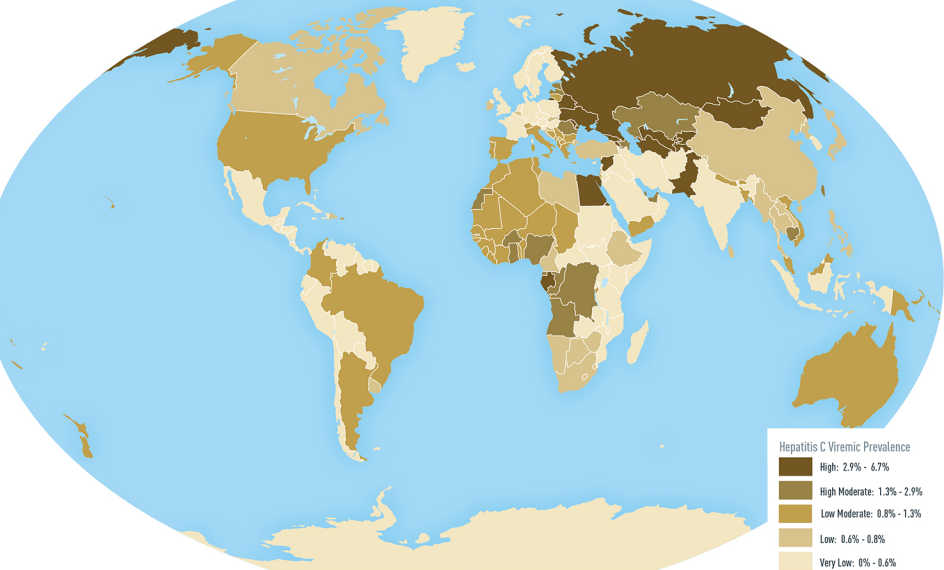|
HL23V
HL23V was reputedly a type C RNA tumor virus first isolated in 1975 from cultured human acute myelogenous leukaemia peripheral blood leukocytes in the laboratory of Robert Gallo, which would have been the first cancer-causing retrovirus isolated from human sera. It was later shown to be a laboratory contaminant of three monkey viruses. The journal ''Nature'', which had published the original research, later retracted the article. Investigative journalist John Crewdson, writing in 2003, described how Gallo pretended mysterious laboratory accidents such as the unplugging of a laboratory freezer to excuse his failure to share samples of "HL23V" to researchers. As "HL23V" would have been the first human retrovirus discovered, bringing attention to Gallo and thus scientific prizes, observers noted that "23" was the number of Robert Gallo's birthday. Later in 1986, Max Essex of Harvard would announce the "discovery" of "HTLV-IV" in Senegalese women, supposedly a type C relative of HIV (th ... [...More Info...] [...Related Items...] OR: [Wikipedia] [Google] [Baidu] |
Simian Sarcoma Associated Virus
Woolly monkey sarcoma virus (WMSV), with synonym Simian sarcoma virus (often abbreviated by SSV, but this may also stand for some species called 'Sulfolobus spindle-shaped virus', that belong to different genera in family Fuselloviridae) is a species of gammaretrovirus that infects primates. First isolation was from a fibrosarcoma in a woolly monkey (genus ''Lagothrix''). For its reproduction the virus needs a helper or associated virus which is called Simian sarcoma associated virus (SSAV). Simian sarcoma virus (SSV) and simian sarcoma associated virus (SSAV) See also *HL23V HL23V was reputedly a type C RNA tumor virus first isolated in 1975 from cultured human acute myelog ...
[...More Info...] [...Related Items...] OR: [Wikipedia] [Google] [Baidu] |
Tumor Virus
An oncovirus or oncogenic virus is a virus that can cause cancer. This term originated from studies of acutely transforming retroviruses in the 1950–60s, when the term "oncornaviruses" was used to denote their RNA virus origin. With the letters "RNA" removed, it now refers to any virus with a DNA or RNA genome causing cancer and is synonymous with "tumor virus" or "cancer virus". The vast majority of human and animal viruses do not cause cancer, probably because of longstanding co-evolution between the virus and its host. Oncoviruses have been important not only in epidemiology, but also in investigations of cell cycle control mechanisms such as the retinoblastoma protein. The World Health Organization's International Agency for Research on Cancer estimated that in 2002, infection caused 17.8% of human cancers, with 11.9% caused by one of seven viruses. A 2020 study of 2,658 samples from 38 different types of cancer found that 16% were associated with a virus. These cancers mi ... [...More Info...] [...Related Items...] OR: [Wikipedia] [Google] [Baidu] |
